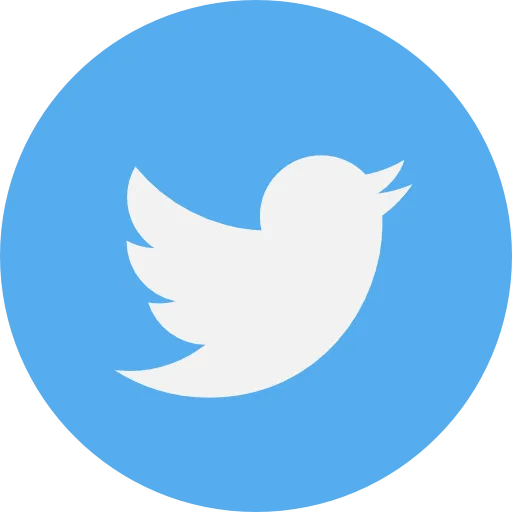Sure, most of us are wearing masks when stepping out of home — but we could all use some clarity on questions such as the best kind to wear and how to dispose of them. Read on to have all your doubts cleared!
When the coronavirus pandemic first broke out in the country, most of us perhaps didn’t anticipate how long the crisis would last, and how many people would be affected. What started with a single case back in January has now impacted over 456k across India. In the midst of this, we’ve all been taking multiple measures to stay safe — washing our hands, sanitizing, and wearing masks. When it comes to the latter though, there are still several questions we need clear answers to. When exactly do I need to wear one? What kind? How should I keep them clean?
Well, worry not — because we’ve put together this brief guide with simple answers to all your mask-related queries.

1. Are masks important?
Yes. The virus can travel from an infected individual’s nose and mouth, and enter a healthy person’s mouth, nose, and eyes. In a situation then where many could be asymptomatic carriers, using a mask to cover these entry and exit points drastically reduces the chance of further spread.
2. Who should wear a mask?
Simply put, everyone. Refer to the previous question to see which mask is apt for you basis the category you fall into.
3. Are there different types of masks? If yes, which one should I wear?

There are three broad types:
- Cloth: These are meant for people without symptoms, and are to be worn in public situations where maintaining a six-foot distance is impossible. These must also be worn in high-traffic areas such as supermarkets and pharmacies.
- Surgical: These are loose-fitting, disposable masks, to be worn by:
- Health care workers
- People who have COVID-19 symptoms
- Those who are taking care of someone suspected or confirmed with COVID-19
In severely affected areas where recommended physical distancing is not possible, surgical masks should also be worn by those above 60 and those with underlying medical conditions.
- N95 respirator: These are strictly for healthcare workers and not meant for the general public. N95 masks ensure a close facial fit and efficient filtration of airborne particles. These should not be shared or reused.
4. Do I need to wear a mask at home?
Most person-to-person transmission happens at home. If you or any of those living within the household have travelled outstation, have come in contact with a COVID-19 infected person it is best to wear the masks to minimize the risk of infecting the rest. This is most effective when precautiously done, that is, even before showing the symptoms.
5. When do I need to wear a mask outside?
Masks are imperative in public spaces, especially so in areas of widespread transmission and where physical distancing is difficult. They must be worn while on public transport, in shops, or in other confined or crowded environments.
6. Do I need Face Visors? Is it more effective than a mask?

This depends upon your surroundings and the kind of exposure that you are prone to. Ultimately, the decision to use a mask vs a Visor or even both is dependent on the conditions around you. If you are a healthcare professional who comes in contact with COVID-19 patients often, a face-shield may suit you better, however, you might still need a mask as experts advise that while face-shields may protect you from body-fluid splashing, you might still need a mask for a complete coverage. On the other hand, face masks may be a good alternative when you go grocery shopping etc.
7. Should I wear a mask while brisk walking/running/jogging?

As a general rule:
- Wear a face mask when you’re running in an area where social distancing is hard to maintain
- If you’re running in an isolated area, a mask may not be needed. Just remember to maintain the recommended distance from passers-by
That being said, do keep in mind that masks decrease airflow and you may have a tougher time catching your breath and feel more fatigued than normal. So, adjusting the intensity of your run might be a good idea. If you experience symptoms such as chest pain or dizziness, find a relatively empty spot to sit down, take off your mask, and catch your breath till you feel better.
8. What do I keep in mind before wearing a mask?

There are two important things to note before you wear a mask. Firstly, remember, that even if you are asymptomatic, covering your face with a mask will help people around you stay safe. Secondly, masks themselves are not enough to prevent the spread of COVID-19. They must simply be an addition to other recommended safety measures such as social distancing, sanitizing, and washing hands.
9. What do I keep in mind when taking off and disposing a mask?
Here are the steps you must follow:
- Clean your hands with soap and water or an alcohol-based hand sanitizer before touching the mask
- Only touch the ear loops/ties/band, not the front of the mask
- If reusable, thoroughly wash with soap and water. They can also be washed in a machine
- If the mask is not reusable, throw in the trash immediately
- Wash your hands with soap and water, or sanitize with an alcohol-based sanitizer
10. How do I care for my mask?
Different kinds of masks call for different kinds of care and disposal.
- Reusable cloth masks — These must be properly washed with soap and water after every use. Dispose at the first sign of wear and tear
- Surgical masks — Though it’s best if disposed, if the mask is dry and the layers and shape are intact, it can be put in a zip lock pouch with a desiccated gel. The gel absorbs moisture and keeps the mask dry. If the mask is intact and not torn, it can be reused for 3 days. If it’s worn by an infected person, it should never be reused or shared
- N95 respirators — When done with use, store it in a closed plastic container and dispose of. Also ensure you follow specific guidelines laid down by the manufacturer
There you have it — everything you could possibly want to know about masks as a precaution against COVID-19. Ensure you wear one in public, handle it with proper care, and do your bit to make the community a little safer!
REFERENCES:













